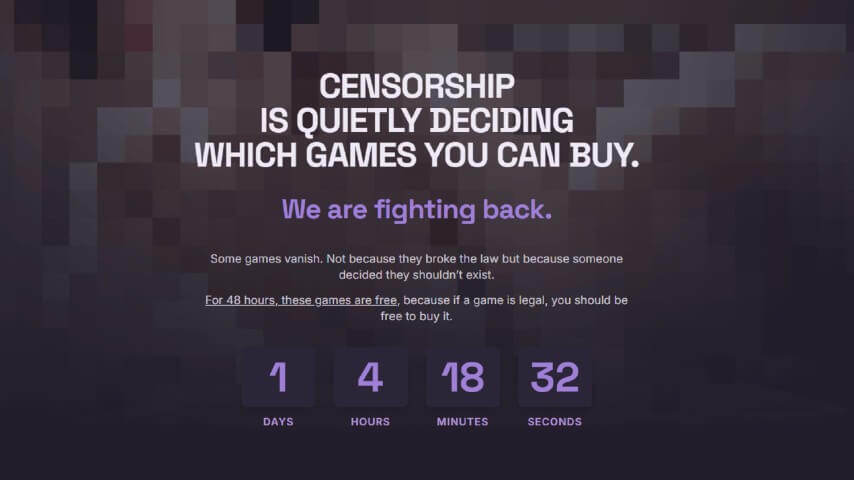T4K3.news
Mastercard responds to censorship allegations
Mastercard defends its actions against adult games, emphasizing legal compliance.

Mastercard asserts its actions align with legal standards amid censorship debates.
Mastercard Addresses Censorship Claims Over Adult Game Removals
Mastercard has faced backlash regarding its recent pressure on digital game sales platforms Steam and Itch.io to remove adult-themed games. The company responded by stating its actions are rooted in the "rule of law" rather than censorship. Mastercard emphasizes that it does not evaluate games or impose content restrictions. It requires that merchants ensure no unlawful purchases occur on its network. The situation escalated after the Australian group Collective Shout campaigned against adult content on these platforms, resulting in a broader purge of games deemed to have adult themes. Many developers argue that this has led to unjust censorship, affecting even games that explore LGBTQ themes. Visa echoed Mastercard's stance, denying any intent to impose moral judgments on legal purchases. The fallout has prompted various advocacy groups to demand transparency from payment processors and to voice concerns about censorship.
Key Takeaways
"Mastercard has not evaluated any game or required restrictions of any activity on game creator sites and platforms."
This statement counters allegations that Mastercard is enforcing censorship on game platforms.
"Collective Shout has taken credit for the actions and called for the removal of games with adult themes."
This highlights the role of lobbying in influencing the availability of adult content in gaming.
"We allow all lawful purchases on our network; however, we require merchants to ensure Mastercard cards cannot be used for unlawful purchases."
This highlights Mastercard's position on legal compliance amid censorship claims.
"Greater transparency and fairness are crucial in the moderation of adult games according to IGDA."
This reflects the concern of industry professionals regarding the impact of censorship.
The controversy surrounding Mastercard raises significant questions about the role of payment processors in content moderation. While companies assert compliance with legal frameworks, the slippery slope of defining acceptable content is becoming clearer. The involvement of lobbying groups like Collective Shout illustrates how moral agendas can influence business decisions and restrict consumer choice. The pushback from developers and advocacy groups highlights the growing tension between commerce, creativity, and censorship in the digital age. It serves as a reminder that the lines between legality and morality are often blurred, especially in content-rich industries like gaming.
Highlights
- Restricted content limits creativity; it's a slippery slope for all creators.
- Censorship in gaming is not just a legal issue; it's a question of freedom.
- Transparency from payment processors is essential for fair content moderation.
- Pressure from watchdog groups shouldn't define what adults can access.
Censorship and Content Moderation Concerns
The actions of payment processors like Mastercard and Visa raise concerns about censorship in the gaming industry, potentially limiting consumer choice and impacting creative expression.
The outcome of this pushback may shape future content moderation practices across digital platforms.
Enjoyed this? Let your friends know!
Related News

Mastercard denies pressuring platforms to remove adult games

Petition Demands Mastercard and Visa to Stop Censoring Content

Payment companies face backlash over adult game removals

GOG.com offers free adult games to protest censorship
VILE: Exhumed banned from Steam amid censorship wave
Game removal controversy involves Collective Shout

Itch.io starts restoring free NSFW content
